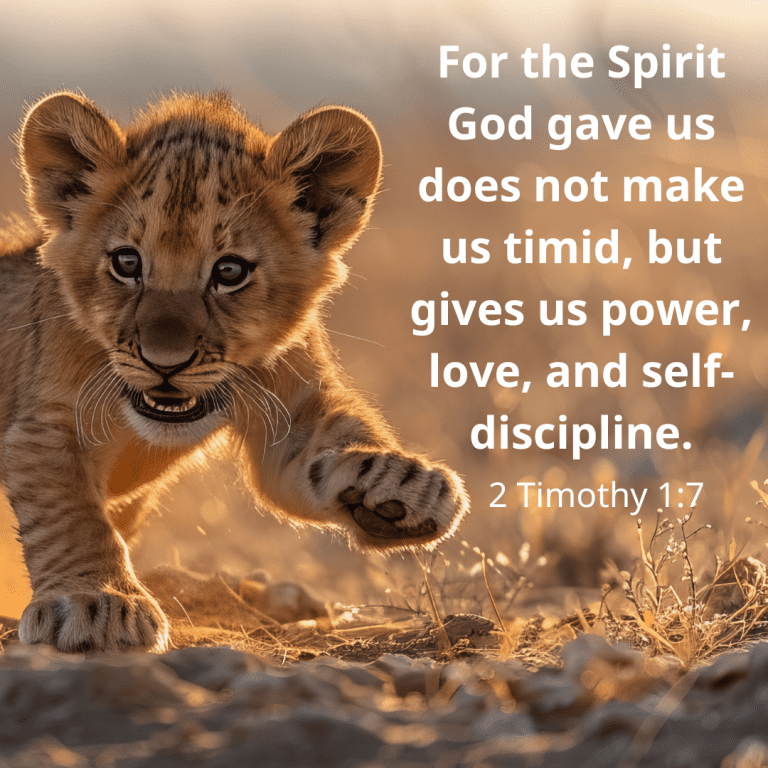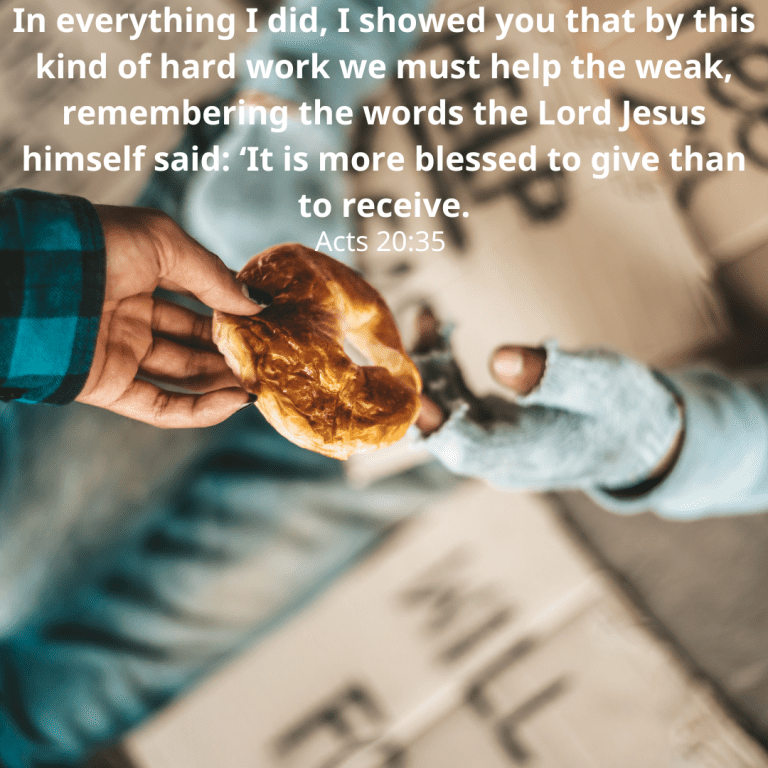Tɔgwɔccalɔ ṯǝthi kwurǝyu-luŋw nǝ ṯǝthi ki-leere-nɔŋw.
1 Wa@ḏ wǝthi kerreny-ŋwɔ nɔŋwɔthi gaanuunǝ-nǝ kǝthi ṯɔgwɔccalɔ, nǝ Ǝzir Wirllinǝlɔ ter wǝthi ṯɔgwɔccalɔ tok. 2 Nǝr daɽimatha khemeya, nǝ kǝzir wǝthi parŋgala-ŋgi nǝr ǝnyjici yiriny yǝni Ǝzir Wirllinǝlɔ ter Wuthǝmthi-lǝ. Nǝ kǝzir wɔ nǝ manaara naani, nǝ ṯerbeeza naani ṯǝthi rǝghiiv rǝṯirsi rillici Allah-lɔ. 3 Nǝ kiininy kaanaŋgi siṯaara ṯɔɔɽɔthala, nǝ ǝzir naani wǝṯir ǝccǝ Ǝzir Wirllinǝlɔ ter Wuthǝmthi-lǝ Beṯṯen. 4 Nǝ kinaŋw nǝ-gwɔ nwǝthgwun ŋwir ḏahab naani ŋwɔṯir-gwɔ ruuɽǝsi kwɔthɽɔla-la, nǝgwɔ Sonḏuug naani tok kwǝthi Wa@ḏ kwɔmaanathir ḏahaba naana, kwɔnaanɔ-gwɔ ṯii-nǝ tir ḏahav ṯǝthi mann-na, nǝ ṯɔɔ naani kinaŋw tok ṯǝthi Haaruun, kitha ṯimǝ ruu yǝni yiglǝ, nǝ yall yiɽǝn yɔlɔɔthɔna kuruu naana kǝthi wa@ḏ. 5 Nǝ ki-Sonḏuug-lǝ kindala nǝ ṯimthaal ṯiɽǝn naani ṯir kaka limeleka lǝthi ŋinith, ṯɔkwuɽubǝthi ǝzir-lɔ wa yɔvɔɔ-yi wǝṯi-gwɔ ŋikiya fivrinni kithaay. Laakin kire-kirem-ŋgwɔ tǝ, nǝ lɔɔmɔr ere oro kɔlɔ mac lǝthi-li dugɽǝsi ŋiɽaŋali-na.
6 Niizaam kwundǝr-ṯǝ ŋgwɔ kwinḏi kwǝrrinǝ-gi ŋiɽaŋal. Ǝṯi kahana ele ǝṯɔŋw ǝnḏi ŋwaamin tatap kheme-na kǝthi parŋgala-ŋw ethi ǝrri ŋothɽor ŋeeŋen, 7 laakin kiininy kaanaŋgi tǝ, ǝṯi-gwɔ Rǝ-iis Rɔppa rǝthi kahana ǝnḏi ŋundu dak, laamin lɔtɔpɔt kithlǝyu min-min. Ǝṯɔŋw ǝnḏi ŋin-ŋi ethisi rillicǝ Allah-lɔ ki-lɔɔbi luuŋwun nǝ ki-lɔobi lǝthi ŋikiya ŋǝthi lizi, ŋa ŋǝṯirsi ǝrri ŋiti ŋilŋicarsi ethaarɔŋw ŋǝrrǝ-nyji mac. 8 Nǝrṯoro ŋɔ mindaŋ nǝ Ṯigɽim Ṯirllinǝlɔ ter andisa-lɔ por-por naarɔ-ŋgwɔŋw, ṯaay ṯinḏi etheele Kǝzir Wirllinǝlɔ ter Wuthǝmthi-lǝ Beṯṯen ṯǝni ṯilǝŋthinnǝ kaka ninaanɔ-gwɔ tǝ kheme kǝthi parŋgala-ŋw ki-rillɔ kinnǝni. 9 Suurǝ kwir-ṯa ŋgwɔ kwandica-nyji ŋiɽaŋali ŋǝthi lɔɔmɔr kɔlɔ. Ŋǝniŋwɔ, haḏaaya wa wǝṯir rillici Allah-lɔ nǝ kwomne kwǝthi kiraama tok kwǝṯir rillici Allah-lɔ, kwiti kwǝthi ŋɔma mac ethi ruusi ṯɔgwori ṯɔsɔɔɽɔ ṯir min-min, ṯǝthi ŋgwa kwǝṯi kwogwɔccelɔ, 10 kaka nǝṯirsi-gwɔ ǝrri ŋa dak ŋǝthi ethne-ŋa ṯiithǝ-thi nǝ kuruu kittǝzir kǝthi ṯusuuɽunnǝ. Nǝ kwomne ŋgwɔ tatap oro gawaaniin kǝthi parŋgala-ŋw kinḏi ethi ǝrrinǝthǝ mindaŋ mǝ lɔɔmɔr iila linḏi-li Allah ethi kette niizaama kwiyaŋ.
11 Laakin Kwɔrɔstɔ tǝ, kwɔmǝ-pǝ iila kwir Rǝ-iis Rɔppa rǝthi kahana rǝthi kwomne kwisaaw kwɔnaanɔ kɔnɔŋw kerreny tuk. Nǝ kheme ŋga kakkɔ-ŋgɔ ŋothɽor-na kithǝmthi-lǝ kir min-min; kiti kidaɽiminna kwizigwunǝŋ-ŋgi mac, ŋǝniŋw kiti kir kǝthi ṯurmun kithɔ mac. 12 Mǝ Kwɔrɔstɔ ele mɔŋw ruu Kheme-gina, nɔŋwɔnḏi taamin tɔtɔpɔt dak toc Kǝzir Wirllinǝlɔ ter Wuthǝmthi-lǝ Beṯṯen, nɔŋweere dimmǝnni ŋiinǝ ŋǝthi nyoo-ŋa nyithri-nyi mac, ethisi rillici Allah-lɔ kaka kiraama, laakin nɔŋw dimmǝ ŋiinǝ ŋǝthi rogɽo ruuŋwun mindaŋ nɔŋwɔvicǝ nyuŋwsi ŋiglǝthǝ ŋǝṯi nannitha dok-dok. 13 Ǝṯi ŋin ŋǝthi nyoo-ŋa nyithri-nyi nǝ yaarɔ yǝthi tɔmɽɔ tǝṯir dɔnni, ǝṯir-yi recce lizi ligii, mindaŋ ǝṯisi kwomne ŋgwɔ suuɽi ethisi rillici yaŋna-lɔ yeeŋen ter. 14 Kaka nɔrɔ-gwɔ ŋiɽaŋal ŋɔ rerrem, e-ta ǝrmǝ rotto ṯatha ŋa ŋǝrrǝsi ŋin ŋǝthi Kwɔrɔstɔ! Kaka ninḏatha-ŋgwɔ Allah rogɽo ruuŋwun kaka kiraama kir min-min Ṯigɽim-thi ṯǝṯi nannitha dok-dok. Ŋin ŋuuŋun ŋǝthi ŋɔma ethi suuɽuci nyuŋwsi rɔgwor-na rǝri ki-ŋothɽor-na ŋiti ŋǝthi faayitha mac, mindaŋ mǝr ǝkkici Allah wɔmiithɔ ŋothɽor.
15 Ŋwɔṯaŋw nǝ Kwɔrɔstɔ oro kwuɽuthu wa@ḏa wɔ wiyaŋ, mindaŋ mǝ kila limǝsi Allah ɔrnɔṯi, ǝri aavi barka kwǝṯi nannatha dok-dok kwǝccǝsi-gi Allah wa@ḏa. Kaka nayɔ-ŋgwɔ ethi fivri ŋikiyaŋi kithaay ŋǝrrǝsi lizi ki-ŋwaamin-la ŋwɔthi wa@ḏ wǝthi kerreny-ŋwɔ. 16 Nǝ mɔŋw lo kweere ŋiɽaŋali ŋǝthi ṯiganna ṯǝthi ŋɔr ŋuuŋun kwaathan-gi, ŋwɔṯaŋw ǝreere rattathi kworo mac illi mɔŋw ai. 17 Kaka niti nǝṯi-gwɔ ŋiɽaŋal ŋɔ ŋuluuthusi kwizi ere ǝthi faayithana mac mǝtǝ kwizi ŋgwa naani kinnǝ kwɔmiithɔ; laakin ǝṯir ǝrrini mǝ ŋiɽany ṯamthɔ rac. 18 Ŋindǝr-ṯǝ ŋɔ mindaŋ nǝ wa@ḏ wǝthi kerreny ŋwɔ ǝrrini ŋin-ŋi. 19 Na mǝ Muusǝ ɔrtuci lizi waamira tatap wǝthi Sherii@a, e-ta nɔŋw dimmi ŋiinǝ ŋǝthi nyithri-ŋǝ nyoo-nyi, nɔŋwsi ɔrṯasina ŋaaw-ŋi, mindaŋ nɔŋw-ŋi ree Kiṯaabi kǝthi Sherii@a, nǝ lizi tatap tok kibornone-gi nǝ yaala-yi yɔɔri tok. 20 Nɔŋwaarɔŋw, “Ŋin ŋirṯa ŋɔ ŋǝthi wa@ḏ ŋǝllicǝ-ŋǝsi-ŋi Allah waamira ethi niŋnithi.” 21 Nǝ ṯaay-thi ṯǝ kɔthɔ ṯette-ṯette, nǝ Muusǝ ree Kheme kǝthi Wa@ḏ ŋin-ŋi, nǝ kwomne naana tatap ŋgwa kwǝthi ṯɔgwɔccalɔ. 22 Imba kaka-ṯǝ niizaam-gi kwǝthi Sherii@a, ǝṯi kwomne ere kweere mac kwǝṯi suuɽunni kwiira ŋiinǝ-na, na mǝ ŋin ere irǝthǝlɔ mac tǝ, a ŋikiya ere fivrinni tok ḏuṯ.
Kiraama kǝthi Kwɔrɔstɔ kǝṯi dimmi ŋikiyaŋi kithaay.
23 Kwomne ŋgwa kwǝṯi aaɽanni kwomne kwǝthi ki-leere-naŋw, kwǝṯi-ṯǝ suuɽunniŋw niizaam-gi ṯǝ ŋgwɔ. Laakin kwomne kwǝthi ki-leere-naŋw, kwǝṯi naŋni kiraama kithǝmthilǝ beṯṯen. 24 Kaka niti nǝnḏi-gwɔ Kwɔrɔstɔ kinnǝni mac kǝzir wirllinǝlɔ ter witi wɔdaɽiminna rii-ri mac, wir suurǝ domony kwǝthi wa wir rerrem. Laakin nɔŋw ele kǝniny ki-leere-na tittir, kǝzir wǝri-ŋgwɔ nanni ǝṯɔ-ŋgwɔ tuurǝcci Allah-lɔ ki-lɔɔbi lǝri. 25 Laakin nǝ Kwɔrɔstɔ ere ǝnḏi ethi rillici Allah rogɽo-lɔ ruuŋwun nyaamin-na nyittǝzir mac, kaka nǝṯi-gwɔ Rǝ-iis Rɔppa rǝthi kahana ǝnḏi Kǝzir Wirllinǝlɔ ter Wuthǝmthi-lǝ Beṯṯen yithlǝyu tatap ŋin-ŋi ŋǝthi haywaan. 26 Ǝŋgireere oroŋw mac tǝ, ǝŋgiŋw rǝrinni nyaamin nyuuru kinaŋw tuk nigittina-gwɔ ṯurmun-lɔ kwon-kwon. Laakin kwɔmǝ ruwǝnnǝlɔ kirem taamin tɔtɔpɔt ki-ŋwɔɔmɔr-la ŋwɔmǝ ṯimaayini kworo ethi iiri ŋikiyaŋi kithaay kaka mɔŋgwɔ rillici Allah rogɽo-lɔ ruuŋwun rǝni kiraama. 27 Kaka nɔrɔr-gwɔ-ṯǝŋw ethi lizi ai taamin tɔtɔpɔt, nǝ kwaathan tǝ ǝṯi hɔkwɔm naani. 28 Ŋwɔṯaŋw nǝ Kwɔrɔstɔ ǝni kwɔmǝr rillici Allah-lɔ taamin tɔtɔpɔt ethi iiri ŋikiyaŋi kithaay ŋǝthi lizi luuru. E-ta ŋgwa kwinḏi ethi ruwǝnnǝlɔ kwokwony, kwiti kwiilicǝ ŋikiyaiŋi kwokwony mac, laakin ethisi kilǝthi kila lǝkkicǝ ŋunduŋw kizǝn beṯṯen.
Earthly and Heavenly Worship
1 The first covenant had rules for worship and a place made for worship as well. 2 A tent was put up, the outer one, which was called the Holy Place. In it were the lampstand and the table with the bread offered to God. 3 Behind the second curtain was the tent called the Most Holy Place. 4 In it were the gold altar for the burning of incense and the Covenant Box all covered with gold and containing the gold jar with the manna in it, Aaron's stick that had sprouted leaves, and the two stone tablets with the commandments written on them. 5 Above the Box were the winged creatures representing God's presence, with their wings spread over the place where sins were forgiven. But now is not the time to explain everything in detail.
6 This is how those things have been arranged. The priests go into the outer tent every day to perform their duties, 7 but only the high priest goes into the inner tent, and he does so only once a year. He takes with him blood which he offers to God on behalf of himself and for the sins which the people have committed without knowing they were sinning. 8 The Holy Spirit clearly teaches from all these arrangements that the way into the Most Holy Place has not yet been opened as long as the outer tent still stands. 9 This is a symbol which points to the present time. It means that the offerings and animal sacrifices presented to God cannot make the worshiper's heart perfect, 10 since they have to do only with food, drink, and various purification ceremonies. These are all outward rules, which apply only until the time when God will establish the new order.
11 But Christ has already come as the High Priest of the good things that are already here. The tent in which he serves is greater and more perfect; it is not a tent made by human hands, that is, it is not a part of this created world. 12 When Christ went through the tent and entered once and for all into the Most Holy Place, he did not take the blood of goats and bulls to offer as a sacrifice; rather, he took his own blood and obtained eternal salvation for us. 13 The blood of goats and bulls and the ashes of a burnt calf are sprinkled on the people who are ritually unclean, and this purifies them by taking away their ritual impurity. 14 Since this is true, how much more is accomplished by the blood of Christ! Through the eternal Spirit he offered himself as a perfect sacrifice to God. His blood will purify our consciences from useless rituals, so that we may serve the living God.
15 For this reason Christ is the one who arranges a new covenant, so that those who have been called by God may receive the eternal blessings that God has promised. This can be done because there has been a death which sets people free from the wrongs they did while the first covenant was in effect.
16 In the case of a will it is necessary to prove that the person who made it has died, 17 for a will means nothing while the person who made it is alive; it goes into effect only after his death. 18 That is why even the first covenant went into effect only with the use of blood. 19 First, Moses proclaimed to the people all the commandments as set forth in the Law. Then he took the blood of bulls and goats, mixed it with water, and sprinkled it on the book of the Law and all the people, using a sprig of hyssop and some red wool. 20 He said, “This is the blood which seals the covenant that God has commanded you to obey.” 21 In the same way Moses also sprinkled the blood on the Sacred Tent and over all the things used in worship. 22 Indeed, according to the Law almost everything is purified by blood, and sins are forgiven only if blood is poured out.
Christ's Sacrifice Takes Away Sins
23 Those things, which are copies of the heavenly originals, had to be purified in that way. But the heavenly things themselves require much better sacrifices. 24 For Christ did not go into a Holy Place made by human hands, which was a copy of the real one. He went into heaven itself, where he now appears on our behalf in the presence of God. 25 The Jewish high priest goes into the Most Holy Place every year with the blood of an animal. But Christ did not go in to offer himself many times, 26 for then he would have had to suffer many times ever since the creation of the world. Instead, now when all ages of time are nearing the end, he has appeared once and for all, to remove sin through the sacrifice of himself. 27 Everyone must die once, and after that be judged by God. 28 In the same manner Christ also was offered in sacrifice once to take away the sins of many. He will appear a second time, not to deal with sin, but to save those who are waiting for him.


